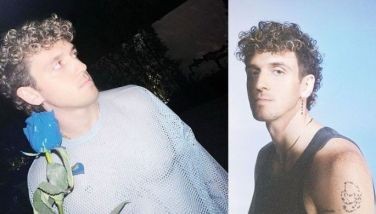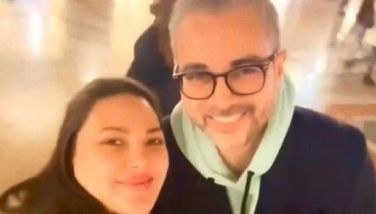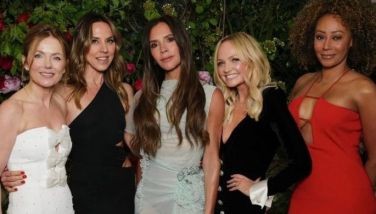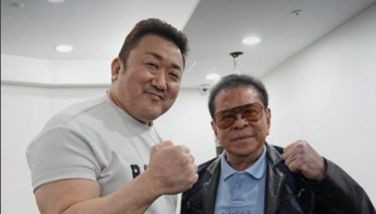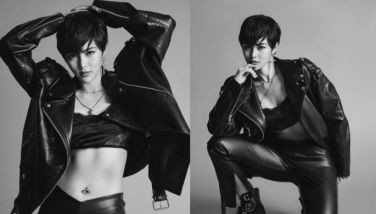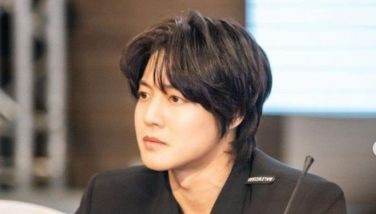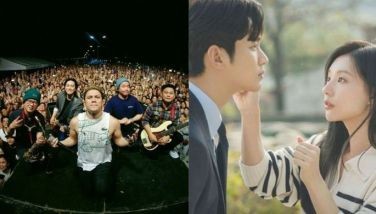Station Eleven’s Mackenzie Davis shows how art survives in post- apocalyptic world
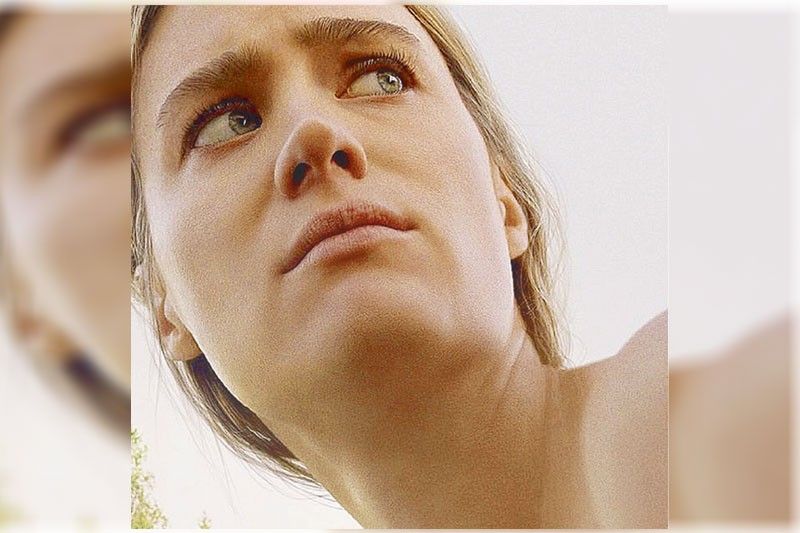
On the surface, HBO dystopian series Station Eleven’s timing, with the world experiencing its second Christmas season in pandemic, may be a little off.
But having seen the first three episodes on HBO GO, this may also be the most fitting time to watch the limited drama series. Adapted from Emily St. John Mandel’s international bestseller with the same title, the drama is about the survivors who, after living through a deadly flu that caused mass extinction, attempt to rebuild and reimagine civilization in the aftermath of a catastrophic disaster. Life manages to go on, and so do the arts and entertainment.
How Station Eleven shows that there’s “beauty and regeneration” in a post-apocalyptic world is why Canadian actress Mackenzie Davis (Black Mirror, Terminator: Dark Fate), one of the lead stars, got immediately attracted to the material.
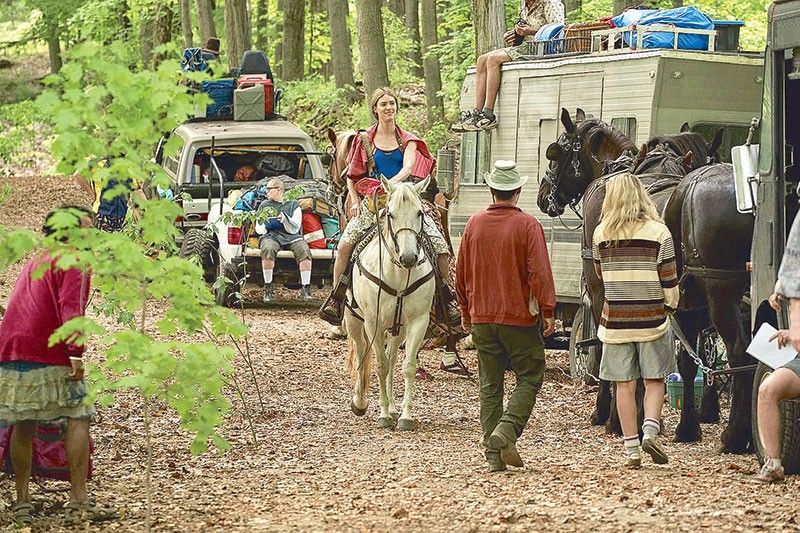
In the series, Mackenzie plays the adult version of Kirsten Raymonde, a child stage actress who, during the chaos of the flu outbreak, gets separated from her family and finds a new one in Jeevan Chaudhary (played by Himesh Patel). Twenty years later, Kirsten combines badass survival skills with her acting passion while leading a band of actors and musicians called the Traveling Symphony.
In an exclusive interview, Mackenzie told The STAR about what makes Kirsten a compelling and relatable role to play. “Something that we spoke about a lot is how the things that make Kirsten a good actor make her a good warrior as well. Like her instincts, intuition, ability to read and understand the situation and react to it, those make you a compelling person on stage or on film. And that extreme-like present-ness, that also makes you survivors — how she survived the years between being with Jeevan and then ending up with the Traveling Symphony… I liked that symmetry between those two sides of her — that she wasn’t just one thing or another because I, too, am not.”
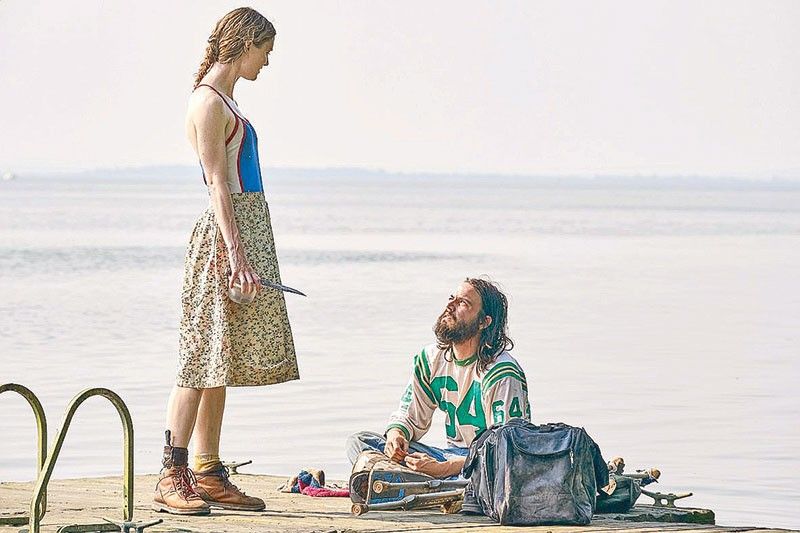
Station Eleven is told through multiple timelines. The post-disaster scenarios might hardly resemble the times we’re in, but in Episode 1, titled Wheel of Fire, viewers are in for scenes that should hit close to home. There’s social isolation even during a loved one’s last moments; hospitals are inundated with patients; and people are masking up, getting stranded and panic-buying. Watch the first few episodes on the HBO GO app or via www.hbogoasia.ph.
“For better or for worse, (it) is part of it,” said Mackenzie, referring to how the series was impacted by the COVID-19 lockdowns. She also discussed what the show has to say about the creative industry, one of the worst-hit during the pandemic. Read on.
On what made her say yes to Station Eleven:
“It was really a conversation I had with Patrick (Sommerville, showrunner) and Hiro (Murai, director), and their sort of vision for the series seemed to pose a challenge to themselves to, how do you make a post-apocalyptic series that doesn’t look like every other post-apocalyptic series, that’s like about regeneration and beauty? Of course, there’s trauma but trauma that’s sort of being processed in a way they create something beautiful. And I just liked how they were thinking about it and I wanted to collaborate with them. And I thought they were really smart, beautiful people.”
On what she did differently in preparation for the series:
“I had so much time to think about it, including a full pandemic lockdown which, you know, for better or for worse, is part of it. No, I mean, I did what I always do, which is to just sort of think, read and talk about it. Find the stuff in the script that really turns me on and find the stuff that doesn’t make sense to me and talk through that stuff. It just feels like endless conversations.
“And then, you do the scene and you start the conversation about the next thing. You know, you’re just constantly talking about it. But yeah, because of the context of the pandemic that we were still going through when we shot the show, it was a very unique experience. The making was very isolating, very strange, so it was different in that way.”
On how the pandemic informed her portrayal:
“Well… we took a hiatus. We were supposed to shoot in March, or my portion of it in March 2020. Obviously, we didn’t. And that whole summer I was talking with Patrick and discussing what it felt like right now and what we could weave into the show that reflected our experience of going through the pandemic. At the end of it, I don’t think there really is anything. The thing I noticed the most and not until the end or the middle of filming, was that the show’s structure echoes this way of thinking or existing that I started to feel during the pandemic and during lockdown, where my mind was always shooting back to other lives all the time.
“I touch a grapefruit and then remember this grapefruit that I bought in this bodega in New York 10 years ago and then have a whole sort of vision of myself living that life and wondering why did I leave New York and what would that have been like? And like sort of you see your own timeline expand, I would think about myself in Budapest and be like, oh, I wonder if that version of me is still there in Budapest, like acting out this life that I had there for a while.
“And I think that fragment-y mentality really defined the sort of psychological state I was in during lockdown and through the pandemic. I see that in the sort of formal structure of the show, that your mind just gets shot into another zone. It’s not a million versions of Kirsten but it’s like all these lives being lived around each other.”
On how the series is a commentary on the entertainment industry:
“I guess it’s hard because the entertainment industry and then art-making or they are together but also kind of separate things… I mean, the making of this show is such an argument for the resilience of making art or how people will push through to make it because it wasn’t easy to get everybody. Like when you weren’t allowed to go inside a stranger’s home in Toronto or you weren’t allowed to leave your house in Toronto while we were shooting this show. Meanwhile, we were going to the set with like 100 to 300 people around us at all times. And how do you make that work? There is this sort of very dogged determination to keep making art and making entertainment no matter what.
“And there’s a cynical side to that, it’s just content and money and it’s not for anything, but just like more and more content. But the other side is like, it’s so cool that in this show, in real life, in 2020 and in 2021, we just have to make stories. We’re one of the first industries to come back, it is like booming again. There is this sort of thirst to make and consume stories.
“And why is that as essential as, I don’t know, that sort of basic means you need to live. It feels like it’s a bacteria that you just can’t kill. It’ll survive anywhere and it’ll just keep coming back. And I think that’s shown in the text and the production of the show.”
- Latest
- Trending














